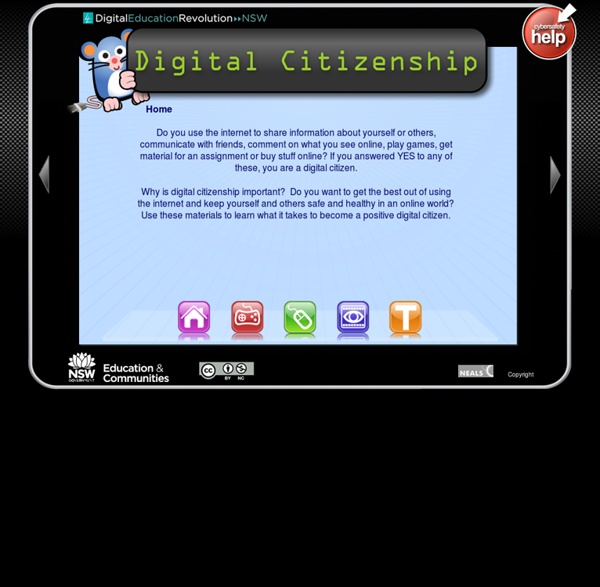



Digital Citizenship We will be focusing on discussing Digital Citizenship over the next two weeks in the library, and how to be safe while on the internet. I created a poster and coordinating bookmarks to give to the students to aid in this discussion, especially with the younger students. I have placed these on my TpT store in case you might be able to use them too. Update: Well, after doing the lesson all day, I've come to realize that I needed a few things to make the lesson go smoother. While the poster is great, I spent time writing and/or drawing the 4 main pieces (the head, the heart, the belly/gut, and the feet) with my younger kids to begin to introduce the topic. So, I updated my unit to include a picture of just the boy, and then larger pictures of the explanation pieces so that you can literally "build" the poster as you talk about the issues. I hope you find them useful!
bluyonder Essential School Tools Tap here for our Free App! Get all our media picks, personalized for your kids. No thanks Jump to navigation Pre-K/K 1st Grade 2nd Grade 3rd Grade 4th Grade 5th Grade New in Education An overview of the latest trends in the world of elementary education. What's New in Education Schools seem to have their own sets of buzzwords and acronyms, and education trends can change from one year to the next. Personalized Learning With so much technology in schools -- from iPads to educational games -- teachers have many more ways to meet students' individual learning needs while addressing their personal interests. If you're a parent of an elementary school student, you might feel that the landscape is shifting under your feet. How to Choose Educational Apps, Games, and Websites How to Choose Educational Apps, Games, and Websites Read more How Parents Can Help Kids Learn at Home How Parents Can Help Kids Learn at Home Read more Learn more about Common Core Video: Learning with technology Read more Essential Movies
PLANE Digital-ID - home learning • ingenuity • research • policy • design • technology • delight • (+ sailing!) Adventure Games Copyright © 2001-2017 National Center for Missing & Exploited Children. All rights reserved. Animated Characters Excluding Tera Copyright © 2000-2017 National Center for Missing & Exploited Children and Boys & Girls Clubs of America. All rights reserved. This Web site is funded, in part, through a grant from the Office of Juvenile Justice and Delinquency Prevention, Office of Justice Programs, U.S. Learn It In 5 - Home — iKeepSafe Kids The Principal of Change
As this is a NSW Government website resource, it is a reliable and appropriate resource for teaching digital citizenship to upper primary students. by janeschmude Apr 23